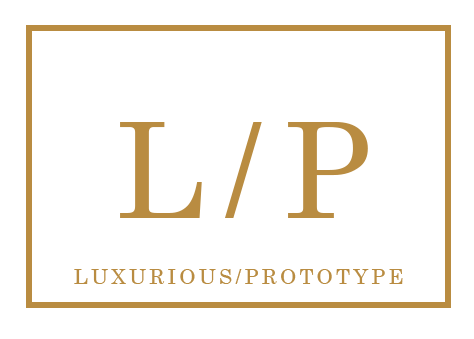 Do not stand under the Manchineel three while it is raining. Why? Because it is poisonous! Happily there are none of these ‘dead apple’ bearers in Central Park. In need of some knowledge of poison and a break from the usual? The beautifully curated Power of Poison at the American Museum of Natural History can provide both. Snakes, spiders, bullet ants, hemlock (allegedly used to poison Socrates) are in the business of biological arm races, investing their energy in cultivating biochemical cocktails dubbed venoms. Other handier to us potions like arsenic, mercury, alcohol and caffeine are also neatly dissected. Historically mad men didn’t look far when crime was on their mind and settled for boxes with ‘rough on rats’ on the label.
Do not stand under the Manchineel three while it is raining. Why? Because it is poisonous! Happily there are none of these ‘dead apple’ bearers in Central Park. In need of some knowledge of poison and a break from the usual? The beautifully curated Power of Poison at the American Museum of Natural History can provide both. Snakes, spiders, bullet ants, hemlock (allegedly used to poison Socrates) are in the business of biological arm races, investing their energy in cultivating biochemical cocktails dubbed venoms. Other handier to us potions like arsenic, mercury, alcohol and caffeine are also neatly dissected. Historically mad men didn’t look far when crime was on their mind and settled for boxes with ‘rough on rats’ on the label.
The show keeps madness close to heart, it takes a closer look on timeless literature and history alike. First with the Mad Hatter (Alice in Wonderland), whose character was allegedly inspired by the odd behavior of hat makers at the time. They used mercury to treat the leather for the headgear, which affected their psyche. Hence, the expression ‘as mad as a hatter’. Mercury had also been some Chinese emperor’s favorite for he slowed it in hope of immortality. Shakespeare’s witches of Macbeth are on show with fancy cocktails of tooth of wolf, hair of the dog, scale of dragon and other well rhyming poetic ingredients. Persia is in fashion. Clay pots packed with scorpions catapulted in defense of a besieged city had been recorded at least once in history.
Speaking of war, Napoleon is present sharing his enemy’s conspiracy to poison him. Well, at least he achieved immortality. Many mortals however through the back alleys of history had received a pinch of arsenic or the likes and promptly dispatched to the sunny wheat fields. Nowadays that practice is abandoned and labeled uncool.
The word poison had become more a metaphor. ‘What’s your poison?’ ‘Whiskey!’ If that is the case we have all tasted the poison and know well the remedy. It is a very special type of fish called a smile. ‘Laughter is poison for fear.’ Healthy fear of poisons had grown into turning them into medicine. Most of the time the only medicine we need is love, may be with a pinch of caffeine. Enjoy the show.
— Milen Vasilev




1 thought on “The Power of Poison at the American Museum of Natural History”